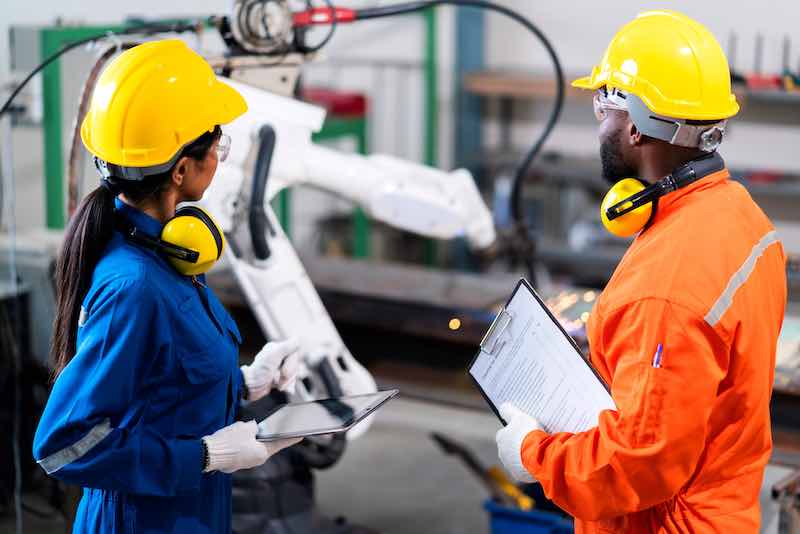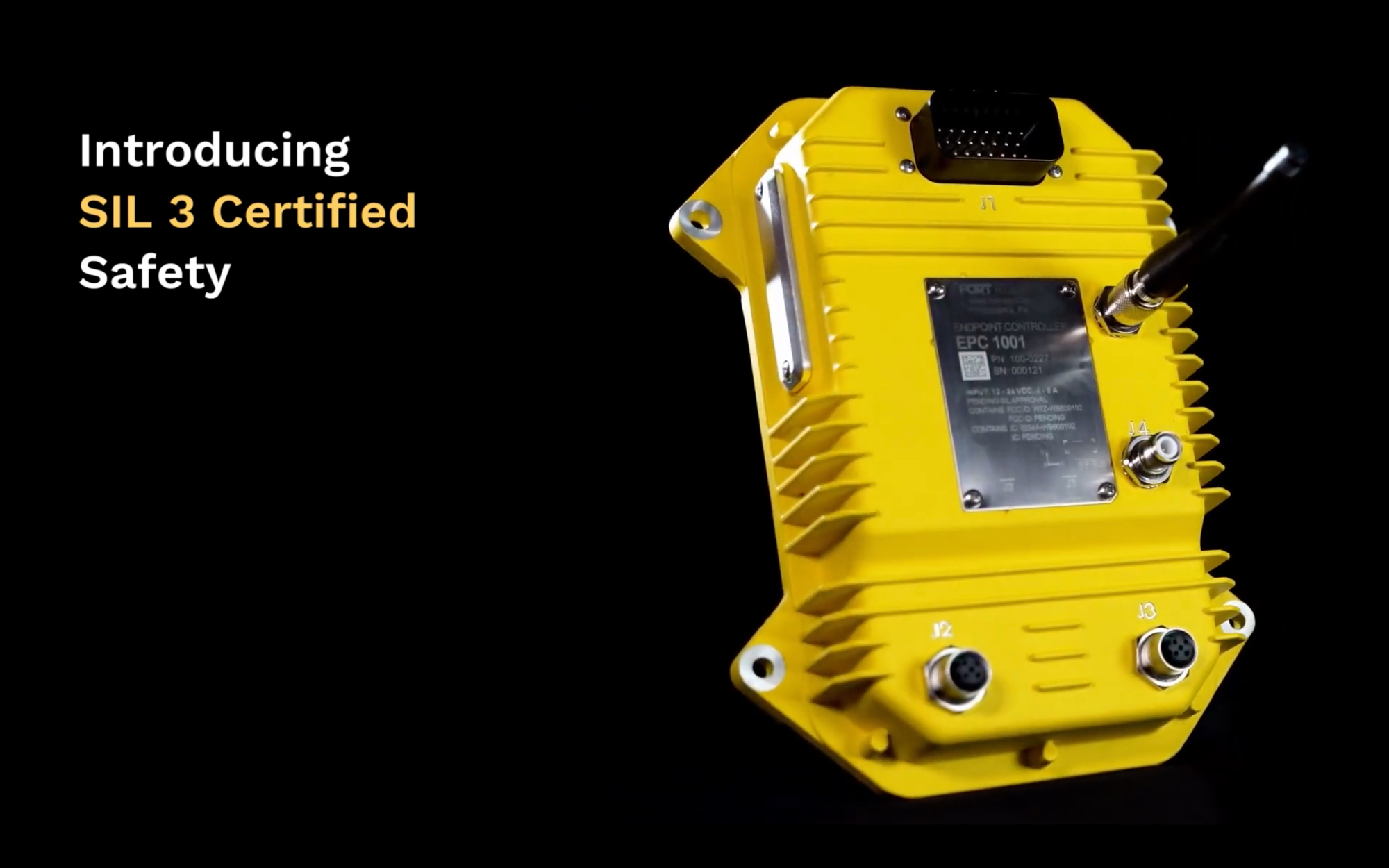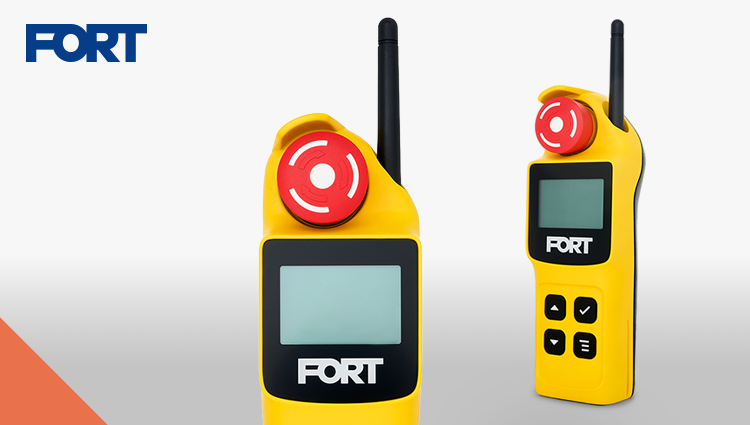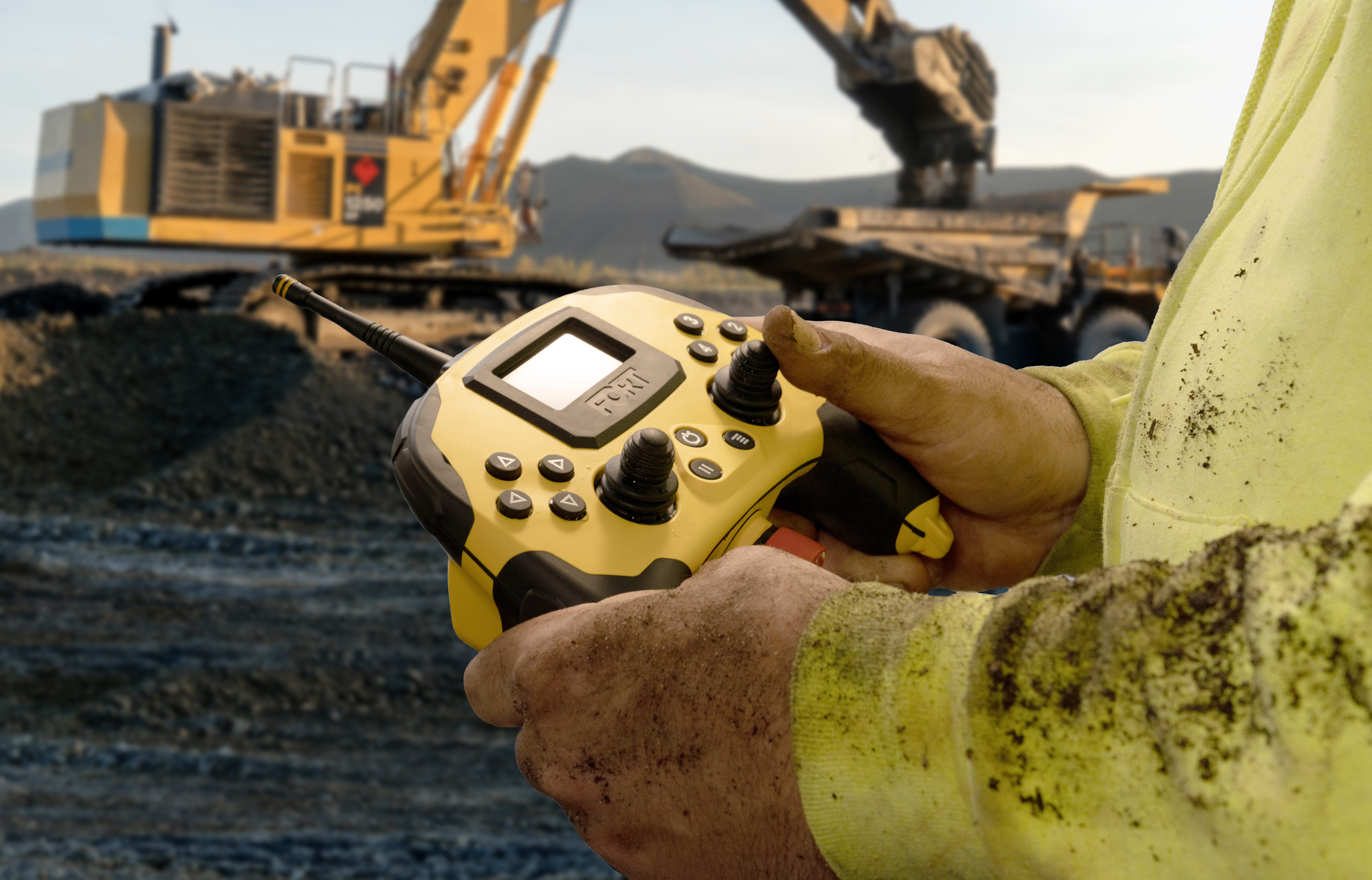Functional Safety Certification: Why It Matters for Autonomous Machines

In nearly every industry, automated and autonomous machines are transforming the way we work. Today’s machines are smarter and more mobile than ever before, working closely together with humans to perform difficult tasks and advance productivity. But this new era of human-machine collaboration comes with new risks; machine builders and end users have a responsibility to ensure the safety of people who work with these machines. This is where functional safety certification becomes crucial.
In this post, we’ll dive into the world of functional safety certification and understand why it is so critical for the machines of today and tomorrow.
What is Functional Safety Certification?
Functional safety certification is a formal validation process that ensures that a system, such as a robot or an autonomous machine, is designed and operates safely under all conditions, including potential faults.
The certification is based on functional safety standards, which are documented guidelines that specify how a machine should operate under different conditions, and what should happen if a failure occurs. These standards exist to provide a common framework for measuring risk, increase human safety, and enable innovation for new machines.
Different machines may need to conform to different functional safety standards depending on their specific function, industry, and geographic region. One standard that often comes into play is IEC 61508. This is a generic standard applicable to all kinds of industries and forms the foundation for many sector-specific standards. It covers the entire lifecycle of electrical, electronic, and programmable electronic systems. IEC 61508 forms the base of a hierarchy of standards that are used across many manual, semi-autonomous and autonomous systems.
When a manufacturer gets functional safety certification for their machine or component, they are demonstrating that it has been tested against these standards to quantify the safety integrity of the system and any potential risk for operators.
Why Functional Safety Certification Matters for Autonomous Machines
While all machines should function safely, the world of robotics and autonomous systems is relatively new, and requires a novel and robust understanding of functionally safe operation. This is especially true for machines that rely on Artificial Intelligence, are connected to the internet, or are able to move on their own. There are many benefits to functional safety certification for autonomous machine builders and users.
Ensuring Human Safety
The primary purpose of functional safety certification is to protect humans from harm. Robots and autonomous machines often operate in close proximity to people, whether on worksites or in public spaces. A malfunction or unexpected behavior could lead to serious accidents. That’s why it's important to ensure that all facets of the system have been rigorously tested and different scenarios (such as the failure of a component, or loss of connectivity.)
Functional safety certification helps ensure that a machine’s safety has been assessed from a variety of angles, and that potential risks have been identified and mitigated.
Increasing Trust and Speed of Adoption
For robots and autonomous machines to be widely adopted, there needs to be a high level of trust in their reliability. Functional safety certification provides a seal of approval that these machines meet international safety standards, enhancing their credibility and reassuring users of their dependability. This could lead to faster and more widespread adoption of autonomous systems.
Regulatory Compliance
Many industries and regions have strict safety regulations that require compliance before robots and autonomous machines can be deployed. Functional safety certification ensures that these systems meet all necessary legal requirements, facilitating smoother market entry and operational approval.
In many cases, certification can make it faster and easier for companies to deploy their robots in different countries, providing a framework to navigate local regulations.
Reducing Risk and Liability
In the event of an accident, companies can face significant legal and financial repercussions. Functional safety certification helps mitigate these risks by demonstrating that all reasonable steps have been taken to ensure the safety of the machines. This can be a crucial factor in legal defenses and insurance claims.
Promoting Innovation
While it may seem counterintuitive, stringent safety standards actually promote innovation. By setting high benchmarks for safety, standards encourage manufacturers to develop new technologies and methodologies to meet these requirements, leading to safer and more advanced robots and autonomous systems. They can also save time by giving machine developers a set of pre-existing rules to work from, eliminating the need to create a safety framework from scratch.
The Functional Safety Certification Process
While some companies may design their products to with particular standards in mind, obtaining a functional safety certification involves working with a third party organization to complete an impartial evaluation of the product. The process is very thorough and includes extensive testing as well as a complete audit of the design process and all product documentation.
At FORT, we have chosen to work with exida, a Certification Body accredited by ANSI (American National Standards Institute,) for the certification of our products. According to exida principal partner William Goble, “Exida has done extensive research in functional safety with their results published in technical papers, books, and training courses, and has published more material than any other assessor. We also invented the FMEDA technique used to predict failure rates, failure modes, etc. and use an auditor to do a final check on all our work.” Uniquely, exida publishes their research and makes their methods clear and public as well as offers the software tools they use to their customers and competitors.
Leveraging Functional Safety Certified Products
Safety is at the core of everything we do at FORT, and our mission is to ensure that robots cause no harm. We take pride in offering solutions that can accelerate productivity while still maintaining rigorous levels of safety. Our Endpoint Controller and Safe Remote Control Pro– both part of the FORT Pro Series– have been certified by exida to Safety Integrity Level (SIL) 3.
This means that customers can use FORT devices on their site with confidence. And for our customers who want to build FORT technology into their own products, leveraging a certified FORT device as part of their system can accelerate their own safety certification process– helping them get to market faster and be able to deploy in more locations.
We believe that safety will pave the way forward for robots and autonomous machines, ushering in a new era of productivity where people and machines work safely together.






